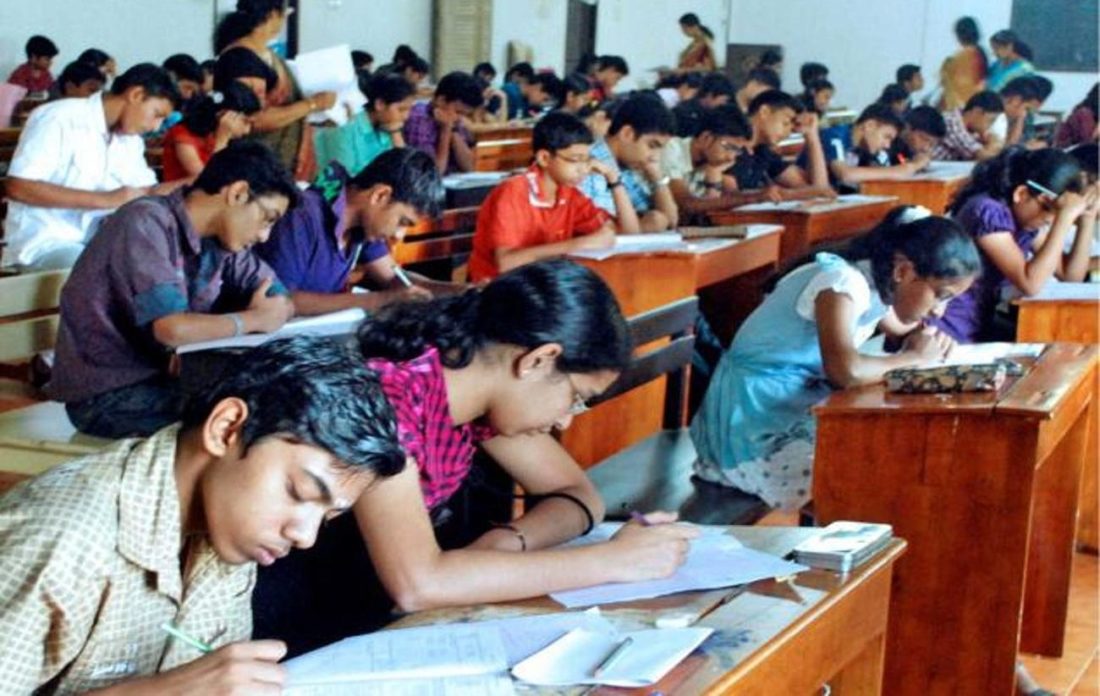Reforms in Higher Education
In the recent years, the issue of IIM Fee Cut has dominated the Indian political and academic scene and has been widely covered in the media. Amidst it all, the implications of the IIM Fee Cut issue for the middle classes in India are unfortunately being ignored and not getting their coverage. PRAHAR has taken upon itself the mandate to bring to centre-stage the public opinion of the student community for whom all policies of higher education are created.
PRAHAR’s public debate is based on extensive surveys conducted among the middle-class student groups in metro as well as non-metro towns of India.
Public Opinion on Higher Education Reforms
The middle class students, and their parents, unanimously agree that higher education is the means to increased economic prosperity, and perhaps the only means for common people, the millions of engineers, who are riding the surge of India as an IT power are a testimony to this.
Highlights of the opinion poll conducted by PRAHAR across Delhi, Kolkatta, Lucknow and Chandigarh:
- 71% of respondents consider accessibility to institutions of higher education major problem adversely affects career options for students
- 58% said that higher fees were a major deterrent for the middle-class students
- 70% said the IIM fee cut was a government move in the right direction
- 85% opted for government institutions over private institutions, in whom they had greater faith
In an Aaj Tak-Dainik Bhaskar-Indian Today-ORG-MARG poll published in Indian Today May 3, 2004 issue too, out of 22000 youth from 185 constituencies 69% agree with the IIM fee cut. These further echoes the sentiments captured in the PRAHAR survey conducted.
If we the people believe, that we should have better access to institutions recognized by the government, at a reasonable cost, why aren’t we being heard?
Any move, which curtails the propensity of the lower and middle classed to seek prosperity by access to higher education, is going to be detrimental to the future growth of our country. There is a need to immediately arrest any sentiments to allow increase of fees in professional education institutions and nip it in the bud. This is why PRAHAR decided to take the next step, after the release of the opinion poll, and question the arguments being raised by IIM’s.
Can Any of Us Argue Against the Following?
- “The state shall promote with special care the education and economic interests of the weaker sections of the people” —- Directive Principles of State Policy (Art 46 of the Constitution)
- “Institutions like IIMs should not be accessible only to ‘elites’” — Hon. Supreme Court in an observation
- “The education is ‘charity’ and education institution cannot charge such a fee as not required for the purpose of furthering the object” — Hon. Supreme Court in TMA Pai case
- “The commercialization of education should be opposed” — National Policy on Education in 1986.
Frame Your Own Opinion
PRAHAR would like to reflect public opinion, rather than impose its own. Analyze the facts below, and send us your opinion or feedback:
- Given an average per capita Indian income of Rs. 20,000/- per month, what are reasonable fees for higher education that a middle class family must bear?
- According to NCAER data, only 2.37% of Indian households have an annual income of Rs. 2 lakh and above. Can the higher education target only this minority consisting of the upper class? Which kind of education can this be?
- Should the government completely pull out of the higher educational system, and let it be privatized, with no recognition for the course? Has this happened anywhere in the world?
- How would you react if you are told that for all kinds of professional education – engineering, medical science, master of computer application, the students will have to bear most of the fees? That is the fees will be increased 5 times, taking cue from IIM’s campaign?
- Should students studying at IIM’s be allowed to leave the country for plush MNC jobs without contributing to the cause of the country? If yes, is a similar compulsion on doctors to serve rural areas justified?

